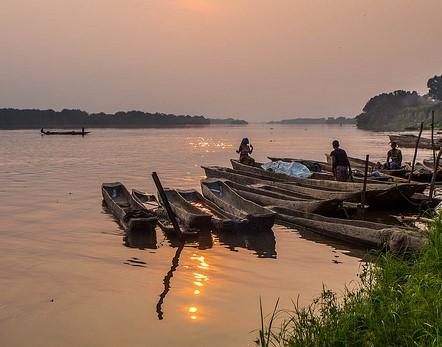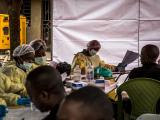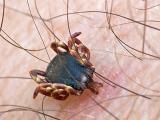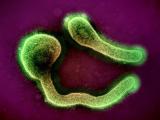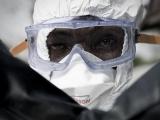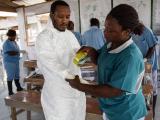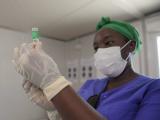The Ebola case count in the Democratic Republic of the Congo (DRC) has now reached 60, as an official from the World Health Organization (WHO) announced 2 more suspected cases.
Peter Salama, MD, the WHO's deputy director-general of emergency response, said on Twitter today there are now 37 confirmed cases, 14 probable, and 9 suspected, 2 more suspected cases than yesterday. The death toll still sits at 27.
WHO strategic plan
The news comes as the WHO released its strategic plan for Ebola virus preparedness in nine countries neighboring the DRC. The countries with the highest preparedness priority are the Central African Republic (CAR) and Republic of Congo, followed by Angola, Burundi, Rwanda, South Sudan, Tanzania, Zambia, and Uganda. These countries share the Congo River, Bikoro Lake, and porous land borders with the DRC.
At the beginning of this outbreak, the WHO said the regional risk of Ebola was high given geographical factors.
"Approximately over 1,000 people travel per day by river, road, and air at the major points of entry connected to the affected Bikoro health zone in DRC. Mbandaka is located on a major national and international river, increasing the risk both of local propagation and spread to neighbouring countries," the WHO said in the strategic plan.
The agency evaluated the nine at-risk countries based on the external assessments of preparedness, known as the Joint External Evaluations (JEEs), a report card on the ability of a country to handle an outbreak. Seven of the nine countries have completed JEEs, identifying weak points in outbreak readiness. CAR and the Republic of Congo have not completed their JEEs.
The strategic plan details WHO's support in the following categories:
- Strengthening of the multisectoral coordination
- Surveillance for early detection (including points of entry)
- Laboratory diagnostic capacity
- Risk communication, social mobilization, and community engagement
- Case management and infection prevention and control capacities
- Operations support and logistics
The estimated budget is $15.5 million US. The plan is meant to be put in place in the coming weeks and continue through February of 2019.
Chinese contingent arriving
In an update today, DRC's health ministry said a Chinese team of experts will arrive in Kinshasa to assist local authorities. "Like other international experts who come to support the Congolese experts, they will participate in the various commissions set up to manage the response," according to a Google translated version.
The update did not specify that the Chinese delegation will assist with vaccination campaigns. China has developed an experimental Ebola vaccine.
"It is also worth mentioning," the DRC health ministry said, "that under Congolese legislation, any use of experimental vaccines must be authorized by the Scientific Committee and the Ethics Committee. To date, only the rVSV-ZEBOV vaccine [made in Canada] has been authorized by these committees as part of the current Ebola outbreak.
The DRC update lists 62 total cases. It includes 38 confirmed and 10 suspected cases, 1 more in each category than the WHO lists.
Former CDC head warns of Ebola unpreparedness
Elsewhere, former director of the US Centers for Disease Control and Prevention, Thomas R. Frieden, MD, wrote an editorial published today in Science about the current Ebola outbreak, citing JEEs as a key component in Ebola response.
While he said early detection by DRC officials means this outbreak likely won't spread like the West African outbreak of 2014, the Ebola vaccine is only a tool—not a disease game-changer.
To truly arm the world against Ebola, Friedman says three things need to change: community engagement at outbreak sites, the effectiveness of the WHO, and the support of countries with completed JEEs.
"By the end of 2018, approximately 100 countries will have undergone the rigorous JEE pro- cess. Thousands of technical experts—the vast majority coming from within these countries themselves—and billions of dollars are urgently needed to close the thousands of life-threatening gaps identified, and resources that have been committed need to be rapidly and effectively deployed," Frieden said.
See also:
Peter Salama's Twitter feed
Jun 6 WHO strategic plan
Jun 7 DRC update (in French)
Jun 8 Science editorial
